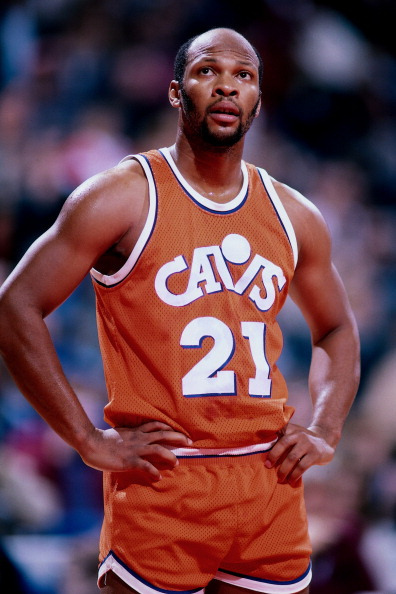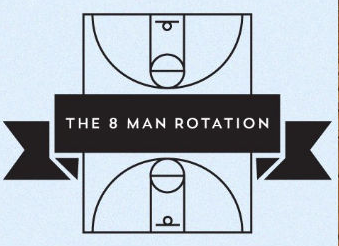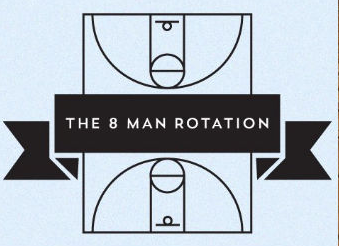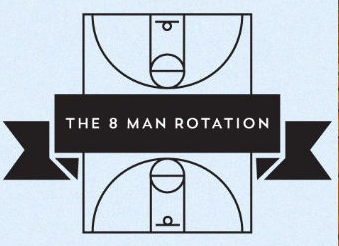Good stats, bad team
I am still basking in the limelight from yesterday's launch of The 8 Man Rotation: The 2014 Season E-book, (if you missed the launch announcement, you can check it here), so I knew I had to drop in some kind of a sport-related take as a follow-up.
There is a phenomenon in sports, most notably in NBA basketball, knows as 'Good Stats, Bad Team', which referred to the sometimes over-inflated to the positive personal statistics, (points, rebounds, etc.), that some players accrue largely by virtue of playing for a bad, losing team. World B. Free
World B. Free
The explanation for this situation is pretty sound and understandable. Even the worst NBA teams are likely to generate near 100 total points and 45 - 50 total rebounds, even while losing. And someone on the team has to take shots, score points, grab rebounds, etc. So often a good player, playing on one of these bad teams, can look statistically to be almost a great player just by looking at their stats. He might get 5 or 6 more points per game and 3 or 4 more rebounds than if he were on a more competitive team, and surrounded by more talented teammates. This might not seem like that big a deal, but even small increases in points and rebounds are a big deal in the NBA - they translate to more valuable contracts, possible All Star game appearances, and recognition as an 'elite' player amongst fans and peers.
So NBA team management has to be careful when dealing with these kinds of 'Good Stats, Bad Team' players, and attempt to quantify the impact on their performance when considering adding such a player to an already good team. You can take a look at Kevin Love of the Cleveland Cavaliers for a current example - since moving from the perennial bad Minnesota Timberwolves to the LeBron James-led Cavs this season, Love's numbers are down across the board, and has struggled at times fitting in to a team where he is no longer the best player.
The 'Good Stas, Bad Team' concept was on my mind not just from watching another 4 hours of basketball last night, but from this piece, highlights of a recent interview of Twitter CEO Dick Costolo, where Costolo warned leaders of sort of the opposite of 'Good Stas, Bad Team', i.e. poaching managerial talent from already successful companies.
Here is Costolo's take:
Twitter CEO Dick Costolo just finished speaking at the Goldman Sachs technology conference in San Francisco, and he said that he's spending a lot of time instilling proper management practices into his leadership team.
It's particularly important because a lot of these employees are young, and have only had one other job. They sometimes think that just because something worked well at their previous company, it will work well at Twitter.
Not so.
As Costolo put it, "It might have just been that company X was making an extraordinary amount of money and you could've done anything."
Did you catch that?
It is the reverse take on 'Good Stats, Bad Team'. In this context it could be called 'Average Manager, Great Team', maybe.
Costolo warns us that when hiring talent out of great, successful companies that we need to be a little careful that maybe some portion, maybe a large portion, of the individual's success was due to the great company/team of which they were a part. Maybe in that context, anyone could have been successful in the role. And finally, it reminds us to at least consider what might happen when taking an individual out of that successful context and placing them into a new, (and possibly less successful, less talented context), might mean for their performance.
It is a pretty interesting concept, and probably worth keeping in mind if you have convinced yourself that you only want to recruit from Apple, Google, (insert the name of the best company in your industry).
Happy Thursday.

 Steve
Steve




